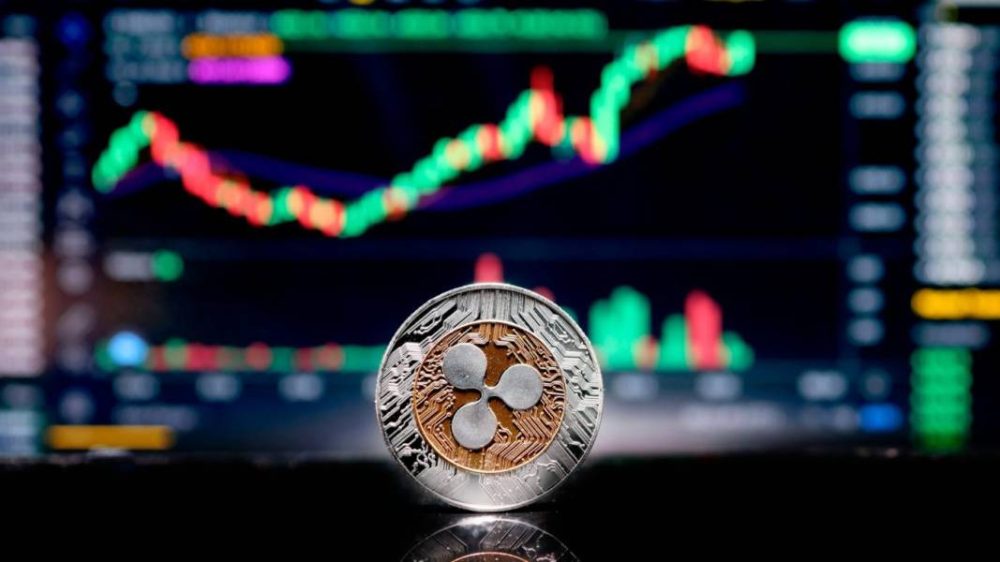According to the OpoFinance Blog, the financial trading landscape has diversified immensely over the past few years, leaving traders with an intriguing dilemma: Crypto Trading vs Forex Trading. These two markets are among the most popular options for traders looking to capitalize on market fluctuations, but they cater to different styles, goals, and levels of risk tolerance. Understanding their unique characteristics is essential for choosing the one that best aligns with your financial ambitions.
In this detailed guide, we compare the core aspects of forex and crypto trading, analyze their pros and cons, and provide insights to help you make an informed decision. Whether you’re a seasoned trader or a newcomer, this guide ensures you’ll be better prepared to navigate the dynamic financial markets.

What Are Forex and Crypto Trading?
Forex Trading: The Currency Exchange Market
Forex trading, also known as foreign exchange trading, involves buying and selling currency pairs to profit from price fluctuations. With over $6 trillion traded daily, it is the largest and most liquid market in the world. Traders often work with a forex broker, who provides access to trading platforms, leverage options, and analytical tools. This regulated environment ensures secure and transparent transactions.
Crypto Trading: The Digital Frontier
Crypto trading focuses on the exchange of cryptocurrencies like Bitcoin, Ethereum, and numerous altcoins. Unlike forex, the cryptocurrency market operates 24/7 and is known for its extreme volatility, presenting both opportunities and challenges. Crypto trading is typically conducted on specialized exchanges that may have less stringent regulations than forex brokers.
Comparing Forex and Crypto Trading
Market Volatility
- Forex Trading: Generally less volatile, with major pairs like EUR/USD reacting to economic indicators and geopolitical events.
- Crypto Trading: Highly volatile, influenced by market sentiment, technological developments, and regulatory news.
Trading Hours
- Forex Trading: Operates 24 hours a day, five days a week, across overlapping global time zones.
- Crypto Trading: Functions non-stop, providing 24/7 trading opportunities.
Accessibility
- Forex Trading: Requires a forex broker for access to platforms and leverage.
- Crypto Trading: Accessible via cryptocurrency exchanges with fewer entry barriers.
Liquidity
- Forex Trading: High liquidity, especially in major pairs, ensuring tight spreads and ease of order execution.
- Crypto Trading: Liquidity varies significantly across cryptocurrencies; major coins like Bitcoin are highly liquid, while smaller altcoins may struggle with slippage.
Regulation
- Forex Trading: Highly regulated by financial authorities like the FCA, CFTC, and ASIC.
- Crypto Trading: Regulatory frameworks are still evolving, with significant regional variations.
Leverage Options
- Forex Trading: Offers higher leverage ratios, allowing traders to control larger positions.
- Crypto Trading: Leverage is limited on most exchanges but is gradually expanding.
Pros and Cons of Forex Trading
Pros:
- Stability: Lower volatility makes it suitable for risk-averse traders.
- Liquidity: High liquidity ensures quick and smooth trade execution.
- Regulation: Stringent oversight by global financial authorities provides security.
- Established Market: Extensive historical data and analytical tools are readily available.
Cons:
- Moderate Profit Potential: Returns are typically steadier but lower compared to crypto.
- Leverage Risks: High leverage amplifies both gains and losses.
Pros and Cons of Crypto Trading
Pros:
- High Profit Potential: Volatility creates opportunities for significant gains.
- Round-the-Clock Market: Traders can capitalize on opportunities at any time.
- Innovative Technology: Access to blockchain and decentralized finance (DeFi) platforms.
- Diverse Assets: Thousands of cryptocurrencies allow for a wide range of investments.
Cons:
- Extreme Volatility: High risk of substantial losses.
- Regulatory Uncertainty: Inconsistent regulations can impact market stability.
- Security Risks: Vulnerability to hacking and scams on some exchanges.
Crypto Trading vs Forex Trading: Key Metrics
Volatility
- Forex trading offers more predictable price movements, ideal for traders seeking stable returns.
- Crypto trading, with its dramatic price swings, appeals to those comfortable with high risk and high reward.
Accessibility
According to the OpoFinance Blog, forex brokers provide a structured, regulated environment, whereas crypto exchanges offer more flexibility but less oversight.
Market Maturity
Forex is an established market with comprehensive resources for analysis, while crypto is still evolving, providing opportunities for early adopters.
Choosing the Right Market
Who Should Choose Forex Trading?
- Risk-averse traders seeking stability and regulation.
- Investors focusing on long-term strategies and moderate growth.
- Those who value established trading platforms and educational resources.
Who Should Choose Crypto Trading?
- Traders willing to embrace high volatility for potentially substantial gains.
- Those interested in blockchain technology and digital assets.
- Investors who appreciate the freedom of 24/7 market access.
Valuable Tips for Both Markets
1. Risk Management
Regardless of the market, effective risk management is essential. Use stop-loss orders, diversify your portfolio, and avoid over-leveraging your trades.
2. Stay Informed
Keep up with market news and trends. For forex, focus on economic indicators and geopolitical events. For crypto, monitor regulatory updates and technological advancements.
3. Use Advanced Tools
Both markets offer tools for analysis. Forex platforms like MetaTrader 4/5 provide robust charting options, while crypto exchanges often integrate blockchain analytics.
4. Partner with Reliable Providers
Work with a reputable forex broker or a secure crypto exchange to ensure smooth trading experiences.
Conclusion: Which Is Better?
The debate of Crypto Trading vs Forex Trading ultimately boils down to your trading style and objectives. Forex trading offers stability, liquidity, and a regulated environment, making it ideal for those seeking steady growth with lower risk. On the other hand, crypto trading provides excitement, innovation, and the potential for high returns, appealing to risk-tolerant traders.
By understanding the core differences, advantages, and challenges, you can make an informed choice that aligns with your financial goals. Whether you dive into forex or crypto, a strategic approach and reliable tools will pave the way for success in the financial markets.
HedgeThink.com is the fund industry’s leading news, research and analysis source for individual and institutional accredited investors and professionals





































